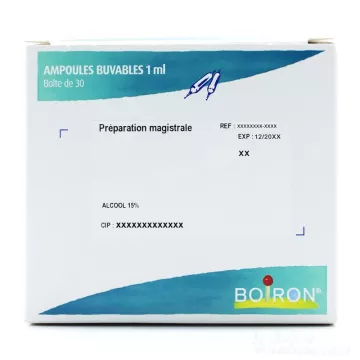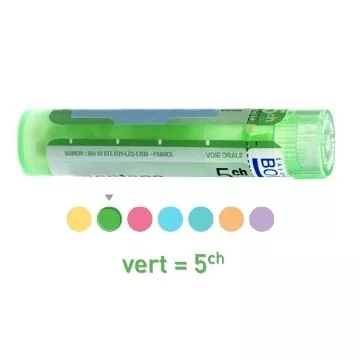


Anemia is a common hematological disorder characterized by a reduction in the blood's ability to carry oxygen to the body's cells and tissues.oxygen to the body's cells and tissues, due to a reduction in the quantity or functionality of red blood cells or hemoglobin. This condition can result from a variety of factors, ranging from nutritional deficiencies to chronic diseases and genetic disorders. The health consequences of anemia can be significant, affecting quality of life, exercise capacity, and even cognitive functioning. Given the prevalence and diversity of anemia, it's vital to take an in-depth look at its causes, mechanisms, diagnosis and treatment options.
What is anemia?
Anemia is a medical condition characterized by a lack of healthy red blood cells in the blood, which limits the supply of oxygen to body tissues. Symptoms include fatigue, paleness, shortness of breath and general weakness. Several types of anemia exist, each with its own specific causes and treatments.
What are the main causes of anemia?
The causes of anemia are varied, but they can be grouped into three main categories: blood loss, insufficient production of red blood cells, and increased destruction of these cells. Specific factors include nutritional deficiencies (notably in iron, vitamin B12 and folic acid), chronic diseases, infections, certain medications and genetic conditions such as sickle cell anemia.
How is anemia diagnosed?
Anemia is diagnosed primarily by a complete blood test, which measures hemoglobin and red blood cell levels. Additional tests may be required to determine the underlying cause of the anemia, such as iron, vitamin B12, folic acid and other tests specific to certain conditions.
What are the treatment options for anemia?
Treatment of anemia depends on its cause. For anemia linked to nutritional deficiencies, iron, vitamin B12 or folic acid supplements may be prescribed. In cases of anemia caused by chronic diseases, treatment of the underlying disease is the priority. Sometimes, blood transfusions or drugs to stimulate red blood cell production are necessary.
How can anemia be prevented?
Prevention of anemia focuses on a balanced diet rich in iron, vitamin B12 and folic acid. It's also important to promptly treat conditions that could lead to anemia, such as bleeding or chronic illness. Regular check-ups enable early detection and effective management of anemia.
Can anemia be cured?
Yes, in many cases anemia can be treated and cured, depending on its cause. Anemias caused by nutritional deficiencies can often be resolved by dietary adjustments and supplements. For anemias linked to medical conditions, treatment of the underlying condition can resolve the anemia. However, some forms of anemia, such as those due to chronic diseases or genetic disorders, may require long-term management.
What are the best foods to eat to prevent anemia?
To prevent anemia, it's advisable to eat foods rich in iron (such as red meat, legumes, spinach and dried fruit), vitamin B12 (found mainly in animal products such as fish) and vitamin C (found mainly in fish).found mainly in animal products such as meat, fish, dairy products and eggs), and folic acid (found in green vegetables, fruit, nuts and fortified products). Incorporating vitamin C into your diet can also help improve iron absorption.
Are there any side effects associated with anemia treatments?
Anemia treatments, including iron supplements, can have side effects such as gastrointestinal upset, constipation or black stools. Treatments for more complex anemias, such as blood transfusions or erythropoiesis-stimulating drugs, may also present specific risks. It's crucial to discuss the benefits and risks associated with your treatment with your doctor.
Can anemia recur?
Yes, anemia can recur, especially if the underlying cause is not fully treated or if it is linked to a chronic disease. People who have already suffered from anemia are encouraged to follow their doctor's recommendations regarding diet, supplements, and regular check-ups to prevent a recurrence.
How does anemia affect pregnancy?
During pregnancy, iron and nutrient requirements increase to support fetal development, which can increase the risk of anemia in the mother. Anemia during pregnancy is associated with an increased risk of complications such as premature birth and low birth weight. Early detection and treatment of anemia are essential to ensure the health of both mother and baby.